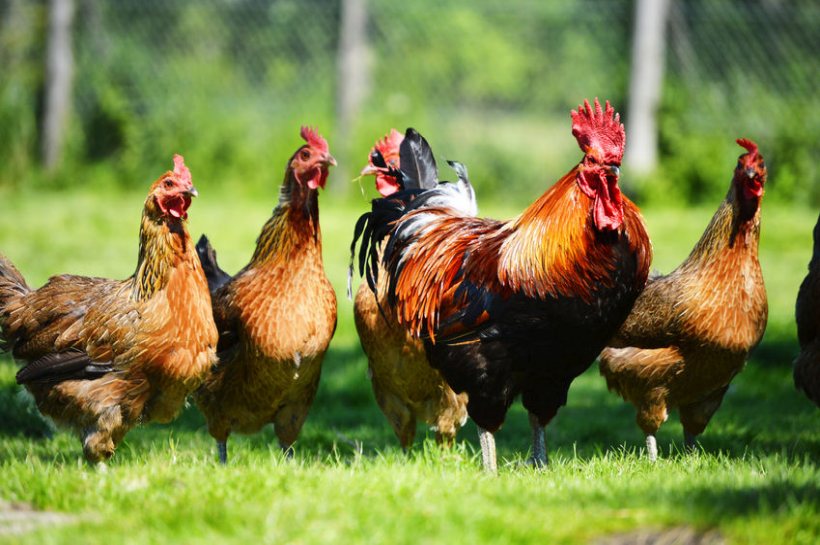
A GB-wide Avian Influenza Prevention Zone (AIPZ) has been announced to prevent the spread of bird flu following a significant increase in cases.
The Chief Veterinary Officers from England, Scotland and Wales have declared the AIPZ across Britain to mitigate the risk of the disease spreading amongst poultry and captive birds.
It means that from midday on Monday (17 October), it will be a legal requirement for all bird keepers to follow strict biosecurity measures to help protect their flocks.
The introduction of the AIPZ comes as the UK continues to face its largest ever outbreak of avian flu with 190 cases confirmed since late October 2021.
Over 30 of these have been confirmed since the beginning of October 2022.
The East of England, which currently has a regional poultry housing order, has been particularly badly hit with outbreaks in poultry and captive birds.
There have also been outbreaks in the south west and in wild birds at multiple sites across Great Britain.
Avian influenza circulates naturally in wild birds and when they migrate to the UK from mainland Europe over the winter they can spread the disease to poultry and other captive birds.
Government vets say maintaining strict biosecurity is the most effective method of protecting birds from the virus.
As part of the GB-wide AIPZ, keepers with more than 500 birds will need to restrict access for non-essential people on their sites.
Workers will also need to change clothing and footwear before entering bird enclosures, and site vehicles will need to be cleaned and disinfected regularly to limit the risk of the disease spreading.
Backyard owners with smaller numbers of poultry including chickens, ducks and geese must also take steps to limit the risk of the disease spreading to their animals.
In a joint statement, the Chief Veterinary Officers for England, Scotland and Wales said: “Bird keepers have faced the largest ever outbreak of avian flu this year and with winter brings an even more increased risk to flocks as migratory birds return to the UK.
“Scrupulous biosecurity and hygiene measures is the best form of defence, which is why we have declared an AIPZ across Britain, meaning that all bird keepers must take action to help prevent the disease spreading to more poultry and other domestic birds.
“The introduction of an AIPZ means regardless of whether you keep a few birds or thousands, you are legally required to meet enhanced biosecurity requirements to protect your birds from this highly infectious disease.”
The introduction of an AIPZ follows a decision to raise the risk level for avian influenza incursion in wild Birds in Britain from ‘medium’ to ‘high’.
For poultry and captive birds the risk level has been raised from ‘medium’ to ‘high’ at premises where biosecurity is below the required standards, and from ‘low’ to ‘medium’ where stringent biosecurity measures are applied.
The GB-wide AIPZ does not include a nationwide requirement to house birds. However, Defra said this was being kept under constant review.
What does the GB-wide AIPZ mean?
Further disease control measures will be based on the latest scientific evidence and veterinary advice.
The AIPZ means bird keepers across Britain must:
• Keep free ranging birds within fenced areas, and that ponds, watercourses and permanent standing water must be fenced off (except in specific circumstances e.g. zoo birds).
• Clean and disinfect footwear and keep areas where birds live clean and tidy;
• Minimise movement in and out of bird enclosures;
• Reduce any existing contamination by cleansing and disinfecting concrete areas, and fencing off wet or boggy areas
• Keep domestic ducks and geese separate from other poultry.
• Ensure the areas where birds are kept are unattractive to wild birds, for example by netting ponds, and by removing wild bird food sources;
• Feed and water your birds in enclosed areas to discourage wild birds;
Keepers should familiarise themselves with our avian flu advice and report suspicion of disease to APHA on 03000 200 301.
